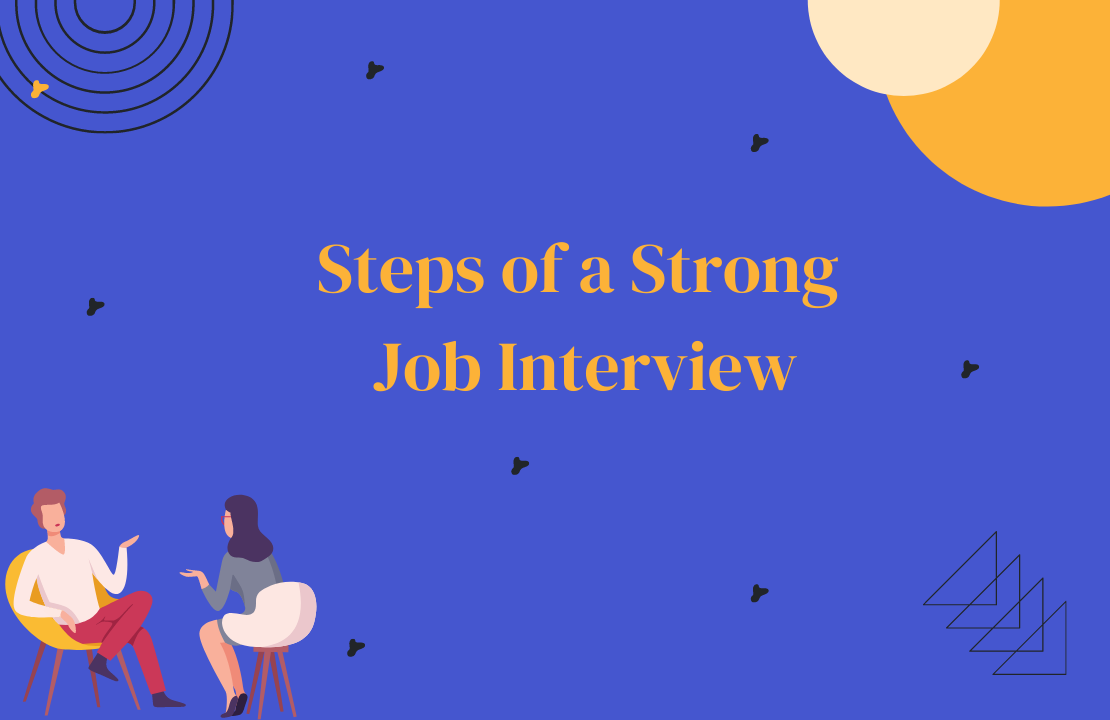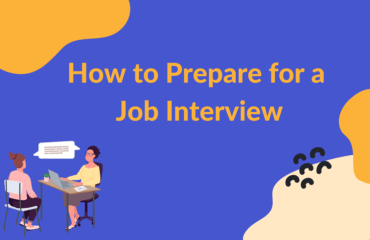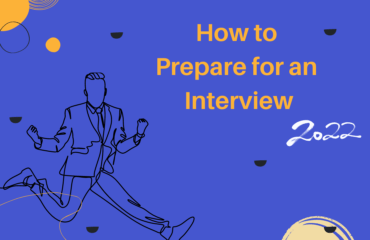Table of Contents
An interview is an excellent opportunity to demonstrate to a potential employer that you are a great fit for the job and organization. While job preparation is essential, learning what to expect during your conversation is imperative to increase your chances of achieving a favorable outcome. Understanding the different stages of interviews can help you prepare and feel more confident. In this article, we will discuss what they are and share some tips to succeed in your next interview.
1) Start with a strong introduction
The interview process typically starts with an introduction. During this stage, you are meeting with the interviewer, exchanging introductions, and being escorted to the interview location. You will make the first impression at this stage, which can play a critical role in how an interviewer perceives you as a candidate. Hence, it’s important to start strong by making the initial impression a positive one.
During the introduction stage, make sure to demonstrate your professionalism and enthusiasm for the opportunity. When you meet the interviewer, greet them with a smile, offer a firm handshake, and make good eye contact. Then, use a confident voice to introduce yourself with your full name. When they introduce themselves, it’s best to respond with, “It’s a pleasure to meet you, [insert name].”
2) Lead an engaging small talk
An introduction is typically followed by some small talk. The interviewers use this to gauge your personality and get a sense of who you are before the actual interview. Additionally, it’s an effective way to establish rapport and connection between the candidate and interviewer on a personal level. What you say at this stage can say a lot about your positivity, politeness, and overall mindset. This can influence the outcome of your interview. Here are some of the ways you can prepare for small talk so you can walk into the interview room feeling ready and confident.
- Find common ground with the interviewer.
- When choosing a topic, avoid controversial ones such as politics and religion.
- Be relatable and friendly while keeping the conversation professional.
- Let the interviewers share a bit about themselves by asking questions.
3) Provide key information
After a small talk, the interviewer may spend a few minutes doing a bit of information gathering. You may be asked to give them your elevator pitch. Their goal is to assess your preparedness and test your ability to think on your feet. The organization of your speech, how you sound, and what your body language conveys when you speak can influence the interviewer’s perception of you as a potential employee. Hence, nailing your elevator pitch is a must. Take the following tips to heart for your next interview.
- Keep your elevator pitch brief, which should last approximately 30 to 60 seconds.
- Create a persuasive elevator pitch that sparks the interviewer’s interest in what you have to offer.
- Detail who you are and what qualifications and skills you have, focusing on your assets that add value to the company.
- Mention your career goal, which should be in line with your target job.
- Practice your elevator pitch to make the delivery easier for you during the actual interview.
Here’s an example of how you can do it in practice.
“I am [insert name]. My passion for technology inspired me to pursue a degree in computer science. I have been working in the IT industry for seven years. Throughout my career, I have built and deployed automation software that helped Fortune 100 companies increase their efficiency by up to X%. I would love the opportunity to bring my in-depth technical expertise to this position.”
4) Nail the interview questions
The question and answer stage is the longest portion of the interview. This is the stage when the interviewer asks questions that help them determine whether you are a great fit for the job and the organization. Depending on the type of interview, you may be asked behavioral and competency-based questions. These interview questions are designed for the employer to better understand your personality, experience, and way of thinking. Your responses will provide them with a good sense of whether you have the potential to be a successful member of their team.
When preparing for an interview, familiarize yourself with common interview questions. While you can do it yourself, we highly recommend practicing your responses through a mock interview. This will provide you an excellent opportunity to get constructive feedback, evaluate your answers, identify your strengths, and work on your areas for improvement. You can do the mock interview with a career strategist, mentor, colleague, friend, or family member.
5) Ask them important questions
The hiring manager will generally ask if you have any questions for them. This is still a part of your evaluation. Going with a no for an answer often raises a red flag among employers. Not asking any questions could suggest unpreparedness and a lack of interest in the company. So, make sure to take the time to prepare some questions to ask the interviewer.
This stage of the interview process is an excellent opportunity to inquire more details about the job and assess whether the company and the position are a good fit for you. Apart from that, it’s a great way to demonstrate that you’ve come prepared and are genuinely interested in the job. We recommend preparing several questions related to the job, company, and the interviewer. Let’s look at some of the examples below.
- What would be the first thing I could do to offer value if I started working tomorrow?
- What is the designed career path for this position?
- What do you like about the company and something that you would change?
- How would you describe your managerial style?
- What are the challenges you are facing in your current position?
6) Close the interview memorably
The final stage of the interview process is equally important as the other stages. Hence, taking the time to end on a positive note is imperative to leave a good memorable impression. Restate your interest in the job and offer a firm handshake while making good eye contact.
Regardless of how you feel about the interview, be sure to thank the hiring manager for their time. It’s also a good idea to follow up with a thank you message on the day of the interview. Here are several tips you can follow to make an effective thank you note through email.
- Use a short and straightforward subject line.
- Personalize your greeting.
- Start the body of the message with an expression of gratitude.
- Provide a brief summary of your experience and qualifications.
- Include your contact details to make it easier for the employer to contact you for the next steps.
In most cases, interviews are broken down into different stages outlined above. Standardizing the interview process enables employers to compare job applicants fairly, leading to quality hires. As a candidate, understanding the process and expectations in each stage can help you feel more confident and perform better in the job interview. If you need help with job interview preparation, you can always reach out to us.











